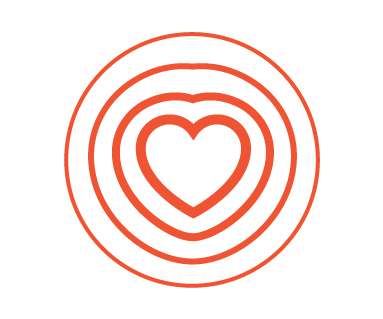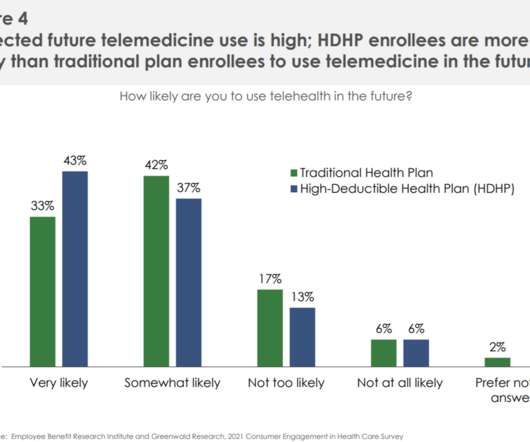Health Privacy and Our Ambivalent Tech-Embrace – Lessons for Digital Health Innovators
Health Populi
OCTOBER 8, 2021
At the same time, 2 in 3 people were also concerned aobut the privacy of their health information on apps. And there’s the ambivalence of “concerned embrace” of digital health. The phrase “concerned embrace” was coined in a 2017 Deloitte consumer study on mobile technology trends.













Let's personalize your content